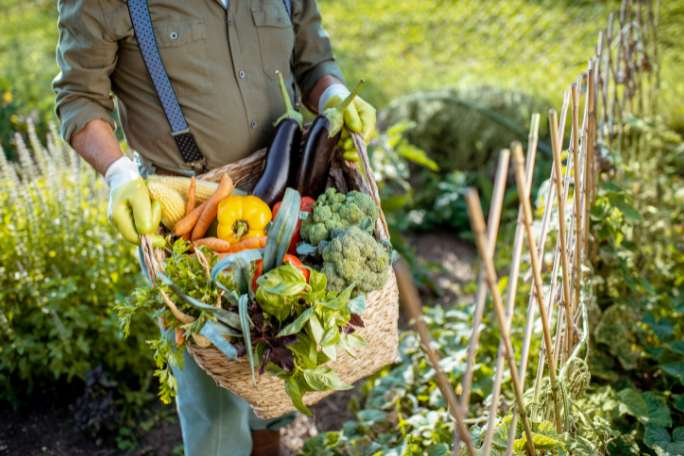Lesson summary
Students explore how humans alter the environment to produce food, and the environmental effects of these alterations, specifically within the beef industry.
Learning intentions:
Students will...
- understand the impact of the beef industry on climate change.
Success Criteria:
Students can...
- use critical thinking to analyse studies on the impact of the beef industry on climate change
- inform and creatively persuade audiences of the impacts of the beef industry on climate change by creating pieces of media.
Lesson guides and printables
Lesson details
Curriculum mapping
Australian Curriculum content descriptions:
Year 9 Geography:
- Human alteration of biomes to produce food, industrial materials and fibres, and the use of systems thinking to analyse the environmental effects of these alterations (ACHGK061)
Relevant parts of the Year 9 Geography achievement standards: Students analyse interconnections between people, places and environments and explain how these interconnections influence people, and change places and environments. They predict changes in the characteristics of places over time and identify the possible implications of change for the future. Students analyse alternative strategies to a geographical challenge using environmental, social and economic criteria.
Syllabus Outcomes: GE5-2, GE5-3, GE5-5.
General capabilities: Literacy, Critical and Creative Thinking.
Cross-curriculum priority: Sustainability.
This lesson is part of the wider unit of work IPCC Climate Change Solutions.
Level of teacher scaffolding: Medium – Lead students through discussion and support them in independent work.
Resources required
- Art supplies – coloured pencils and textas
- Individual devices capable of accessing the internet – one per student
- Student Worksheets – one copy per student
- White paper – A3 size
Skills
This lesson is designed to build students’ competencies in the following skills:
- Communication
- Creativity
- Critical thinking
- Community engagement
Additional info
Cool would like to thank the Lord Mayor’s Charitable Foundation and The Vincent Fairfax Family Foundation for generously supporting the development of these lessons.


Welcome back!
Don't have an account yet?
Log in with:
By signing up to Cool.org you consent and agree to Cool's privacy policy to
store, manage and process your personal information. To read more, please see
our privacy policy here(Opens in new tab).
Create your free Cool.org account.
Many of our resources are free, with an option to upgrade to Cool+ for premium content.
Already have an account?
Sign up with:
By signing up to Cool.org you consent and agree to Cool's privacy policy to
store, manage and process your personal information. To read more, please see
our privacy policy here(Opens in new tab).